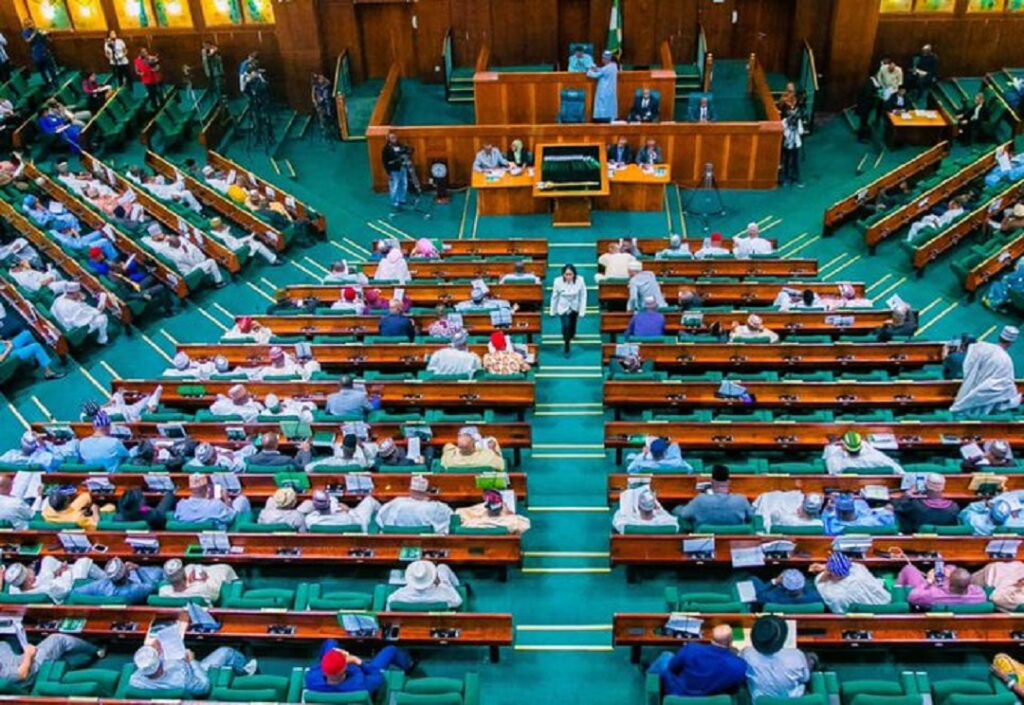Rather than face the business of fixing a flailing economy, in recent political discourse, there has been a push to amend the constitution and extend the tenure of elected officials from four years to six years. On Wednesday, the House of Representatives approved the initial reading of a bill aimed at revising the 1999 constitution to establish a single six-year term for the President, State Governors, and Local Government Area Chairmen. While this proposal is framed as a reform intended to reduce electoral costs and enhance governance efficiency, it carries significant risks that warrant careful examination.
The danger of elongating democratic tenures lies not just in the potential for entrenched inefficiency but also in the subtle erosion of democratic principles and the potential slide towards authoritarianism. A six-year term for the President, State Governors, and Local Government Area Chairmen may seem attractive in theory, promising stability and continuity in leadership. However, the risks associated with such an extension are deeply rooted in the nature of power dynamics and democratic accountability. Extended terms can undermine the very essence of democratic governance—frequent and rigorous checks and balances.
A prolonged tenure can lead to the consolidation of power. In a democratic system, regular elections serve as a vital mechanism for holding leaders accountable and ensuring that they remain responsive to the electorate. The prospect of an extended term reduces the frequency with which leaders must answer to voters, potentially allowing for more significant accumulation of power and influence. This could encourage political leaders to prioritise their personal agendas or those of their political allies over the public good, knowing they have a longer period to secure their positions without immediate electoral threats.
Moreover, extending the term could weaken even more our near-death democratic institutions and processes. Frequent elections are not merely about choosing leaders; they are about reinforcing the democratic fabric of society by encouraging political participation, fostering a vibrant opposition, and ensuring that governance remains transparent and accountable. By extending terms, there is a risk that political institutions might become less dynamic, less responsive, and more susceptible to manipulation and corruption. The opposition’s role in scrutinising government actions and proposing alternatives could diminish, leading to a less competitive political environment.
Another critical concern is the risk of perpetuating a cycle of undemocratic practices. History shows that once a term extension is adopted, it often leads to further adjustments in favour of incumbents. Leaders might exploit extended terms to amend laws and extend their rule, a pattern observed in various nations where democratic practices have deteriorated into autocracy. In Nigeria’s context, where political instability and corruption have been persistent challenges, such a shift could exacerbate existing vulnerabilities.
Furthermore, the argument that longer terms will reduce electoral costs overlooks the fundamental purpose of democratic elections. The costs associated with elections are not merely financial but are integral to maintaining a robust democratic process. Elections provide an opportunity for public engagement, dissent, and renewal of political mandates. By extending terms, we risk diminishing the vibrancy of our democracy and compromising the democratic principle that power should be periodically contested. Not to mention that in Nigeria, most of the electoral costs incurred are for non-official reasons.
The case of Obasanjo’s attempt of a third term should be a lesson to all Nigerians to resist any infringement on the democratic rights of citizens. The Representatives, if truly are not rubberstamp, should instead resist this idea from whatever quarter it is coming from.
A six-year democratic tenure poses significant dangers to the health of Nigeria’s democracy. The temptation to consolidate power, weaken democratic institutions, and perpetuate undemocratic practices should not be underestimated. Instead of extending tenures, the country should focus on strengthening its electoral systems, improving governance structures, and fostering a political culture that values accountability and democratic engagement. The health of a democracy depends not on the length of tenure but on the robustness of its institutions and the vigilance of its people.

